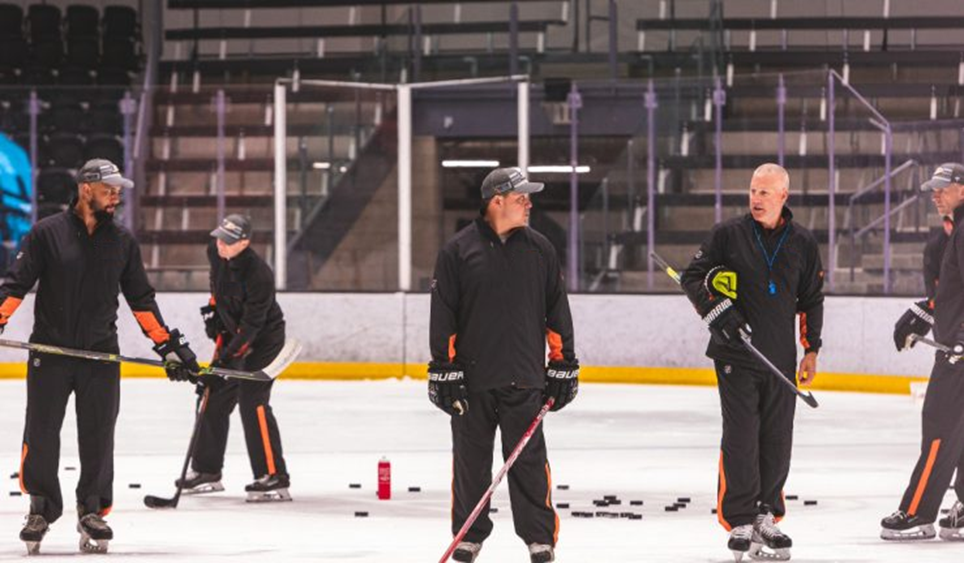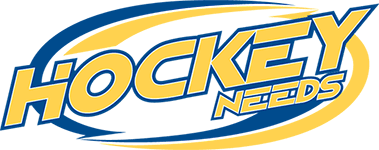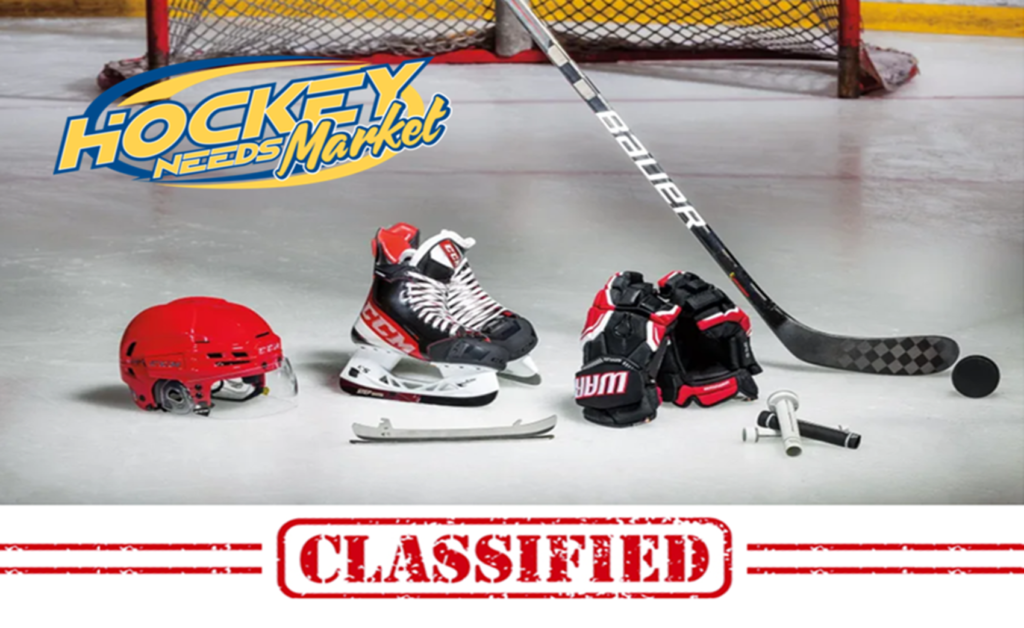The Difference Between Hockey Coaches And Trainers

Coaching and Training minor hockey players are two different but equally important aspects of developing young athletes. Both play a crucial role in helping players improve their skills and reach their full potential.
At times, I will get into some debates with my colleagues and friends about the roles of a coach or trainer when it comes to minor hockey. The main subject has always been asked – “Is there really a difference between the Coach and Trainer?”
When I was coaching, I often encourage my players and parents to seek extra help through a trainer during the season and off-season. My explanation to them was a trainer would be able to assist them with reaching their personal athletic goals.
So, what’s the major difference between a coach and a trainer? Each of these individuals may have the same duties and roles, but when it comes to minor hockey, there are essential differences that must be taken into consideration. Let’s look at the Coach and Trainer’s responsibilities.
Coaches Responsibilities
Coaches are responsible for guiding and directing players as they learn the sport of hockey. They provide instruction and feedback on the players’ performance, both on and off the ice. This includes teaching proper techniques for skating, stickhandling, shooting, and passing, as well as strategies for gameplay and teamwork. Coaches also act as mentors and role models for the players, helping them to develop good sportsmanship, discipline, and a positive attitude. They are the ones who oversee the game plans and strategies, they are the ones who make the final decision on who plays and when. They are responsible for creating a positive and productive environment for the team.
Trainers Responsibilities
Trainers are responsible for focusing on physical and mental development. They are responsible for creating and implementing conditioning, strength training, and other exercises that help players build their endurance, power, and agility. Trainers also work on mental preparation, such as visualization, goal-setting, and positive thinking, which can help players perform at their best under pressure. They are responsible for the players’ health and safety, monitoring and dealing with injuries, and ensuring that players are in the best physical condition.
How Coaches and Trainers Work Together
Both Coaching and Training are essential for the development of minor hockey players. Coaching provides players with the technical and tactical skills they need to play the game, while training helps players develop the physical and mental attributes necessary for peak performance. When coaches and trainers work together, players can improve their skills and reach their full potential.
Coaches and Trainers should have the necessary qualifications and experience to work with minor hockey players. They should have a good understanding of the sport and be able to communicate effectively with players and parents. They should also be able to create a positive and supportive environment that encourages players to learn and grow.
It is important to note that coaching and training should be age appropriate. Young players have different physical and mental capabilities than older players and should be trained accordingly. For example, young players will likely need more instruction and guidance, while older players may be more self-sufficient. Similarly, young players may be more focused on developing basic skills, while older players may be more focused on advanced techniques and strategies.
In Conclusion
Coaches and Trainers play different but equally important roles in the development of minor hockey players. Coaches provide players with the technical and tactical skills they need to play the game, while trainers help players develop the physical and mental attributes necessary for peak performance. When coaches and trainers work together, they can create a positive and effective learning environment for minor hockey players, helping them to reach their full potential.
MORE FROM HOCKEYNEEDS THE PLUG:
Related Article – Bad Coaching Characteristics To Watch Out For
Please visit our hockey Classifieds site – HockeyNeeds Market
We hope you enjoyed this article! If you would like to submit your hockey story to be published on this site, we will definitely be interested and proud to display it. It could be anything from how your team did in a tournament, to an exceptional game your team played or an individual had. Please email your story and pictures to yourstory@hockeyneeds.com



